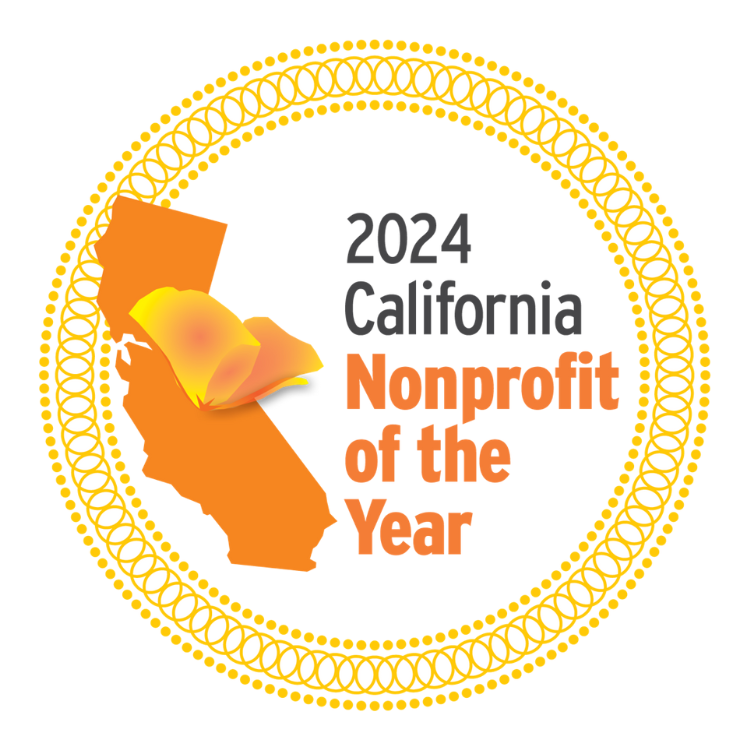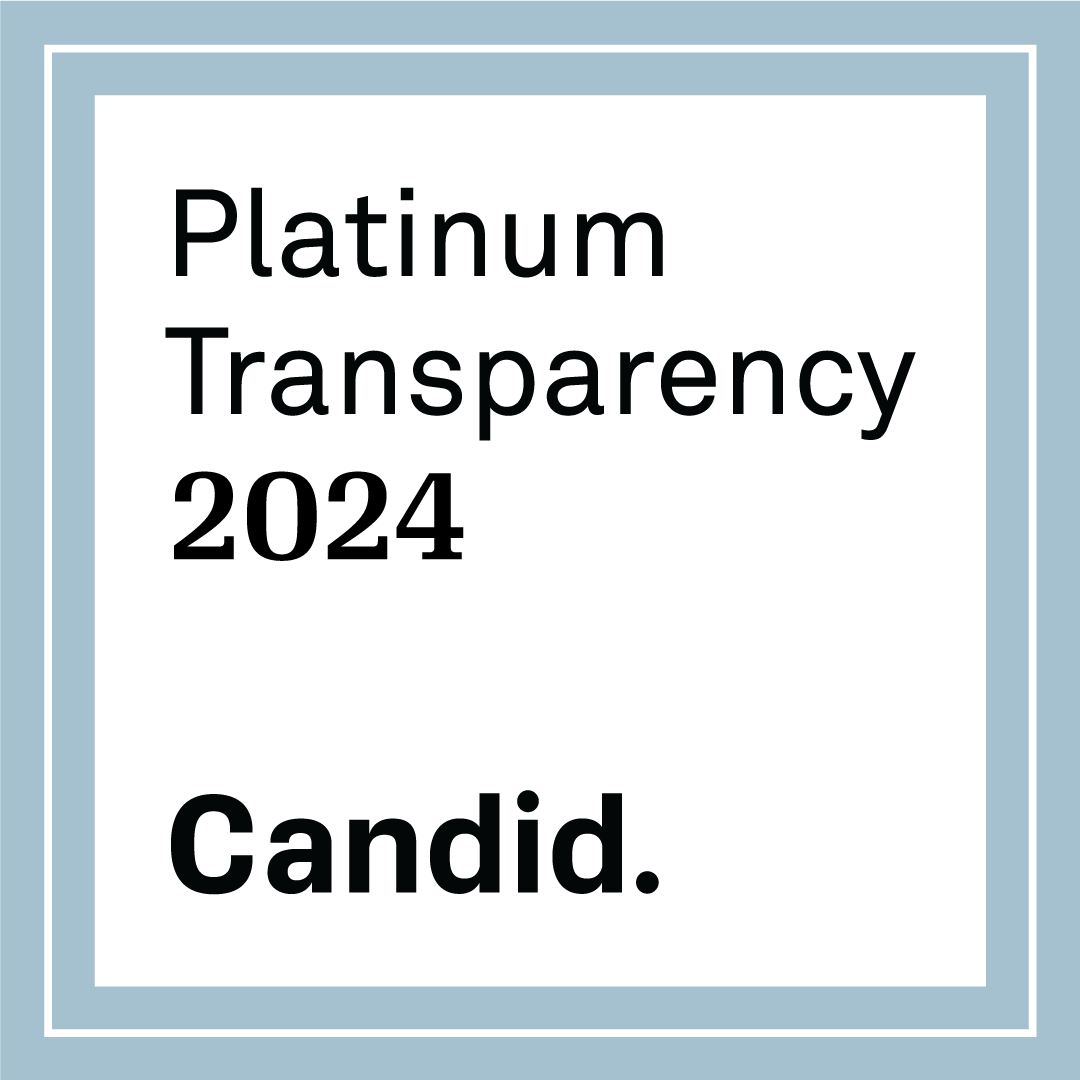FOR IMMEDIATE RELEASE
MAY 3, 2022
Event Recording: coastkeeper.org/retiring-offshore-rigs
Collaborative Workshop Offers New Perspectives on California’s Offshore Oil Predicament
- On April 21, OC Coastkeeper hosted 20 speakers across five panels at Retiring Offshore Rigs Workshop in Newport Beach
- This event brought about new perspectives, new opinions, and updates on the current state of offshore oil production
- Coastkeeper has developed five next steps in ending offshore oil in California
On April 21, 2022, Orange County Coastkeeper hosted Retiring Offshore Rigs: A Decommissioning Workshop to Clear the Horizon. This hybrid event focused on clarifying the platform decommissioning process, identifying barriers, and creating actionable next steps to accelerate and improve the retirement of California’s offshore rigs. The event was held at the historic Balboa Pavilion in Newport Beach with a free livestream component as well.
In total, twenty different speakers offered their expertise and opinions on offshore oil in California. The panelists included marine biology professors, elected officials, decommissioning consultants, oversight agency representatives, oil industry executives, environmental advocates, and more.
In the wake of the 2021 Huntington Beach oil spill and amidst the Platform Holly decommissioning conundrum in Santa Barbara, there has never been a more apparent need to reassess platform decommissioning. Offshore oil operations generate a minuscule amount of the total oil produced in California yet pose an enormous threat to our coastal ecosystem and economy. Their equipment is aging and, in some cases, neglected, which will undoubtedly result in an increase in spills in the coming years.
The full recording of the entire event, broken down by segment, is available on Coastkeeper’s website, coastkeeper.org.
What’s Next?
With consideration of all the event panels, public input, and staff expertise, Orange County Coastkeeper has highlighted five next steps to bring about the end of offshore oil in California responsibly.
- Decommissioning options in both state and federal waters must be streamlined and better communicated to both the public and platform leaseholders.
- While opinions on platform removal and reefing differ, Californians must unify in our call to end offshore oil production.
- New or modified legislation is required at the state and federal levels.
- Approaches to decommissioning must be collaborative and address perspectives from as many stakeholders as possible and their perspectives must be respected.
- Statewide leadership is required to continue the decommissioning conversation.
Quotes
MARINE LIFE: “The problem was, over twenty-five percent of the fish that we took off the platform traveled eight miles across the channel, turned around, and came back to the platform from which we caught them. Sometimes within less than two weeks. So that actually brought about a really interesting finding which was maybe platforms serve as better habitat quality for the fish than natural reef habitats.” – Chris Lowe, Marine Biology Professor at Cal State Long Beach
OIL SPILL LASTING EFFECTS: “Once western snowy plovers are oiled, they don’t usually lay any eggs in the following year.” – Debbie McGuire, Executive Director at Wetlands & Wildlife Care Center
INDIGENOUS INVOLVEMENT: “Tribal engagement should be sought early and often.” – Gabrielle Crowe, Vice-Chair of the Gabrielino-Shoshone Tribal Council of Southern California
OIL PRODUCTIVITY: “The four oil islands offshore Long Beach were anticipated to be completely done in the late ’90s, early 2000s, and they’re still producing. So, it’s very hard to guess how long these reservoirs, these fields will be operating.” – Jennifer Lucchesi, Executive Officer at the California State Lands Commission
ENGINEERING ISSUES: “500 feet is the world record as of last year of platforms that have been completely removed. […] All of the large California platforms would set new records for complete removal.” — Robert C. Byrd, Senior Consultant at TSB Offshore, Inc.
URGENCY: “Someday, nature is going to decommission these rigs. You put metal into saltwater and nature’s going to do it for us. We all want to do it in a more sustainable way.” — Terry Tamminen, Former CalEPA Secretary and CEO of AltaSea at the Port of Los Angeles
LABOR CONCERNS: “It’s a false choice to think that if we preserve the environment, we’re going to lose jobs. It’s quite the opposite.” — Terry Tamminen, Former CalEPA Secretary and CEO of AltaSea at the Port of Los Angeles
IMPROVING THE PROCESS: “We’ve got to have a streamlined regulatory and permitting process because we’ve got to make decommissioning a positive business proposition. That has to happen. If we just add more complexity, we’re just going to add more cost.” — Cath Reheis-Boyd, President of the Western States Petroleum Association
POLLUTER PAYS: “A quick word on the costs of platform decommissioning – it’s a huge, extremely complex issue. But our starting point is strong support for this state’s long-standing polluter pays policy. Which, we believe, means the oil industry should be held fully responsible and accountable for cleaning up after themselves. I think somebody said, ‘You put it in, you take it out.’ That sounds about right to me.” — Damon Nagami, Senior Attorney at Natural Resources Defense Council
PAYING LEASEHOLDERS: “The reality is that if we are going to try and end these operations, to end this drilling, we do have to pay the operators. That is just a non-starter. Under the 5th amendment of the Constitution, we have to make a payment. It’s just compensation. It is eminent domain.” – Dave Min, California State Senator of the 37th District
OIL ECONOMICS: “The economics, quite outside of environmental impacts, just don’t make sense when we talk about offshore production.” – Cottie Petrie-Norris, California Assemblymember of the 74th District
COLLABORATION: “I think we need to enter real partnerships, where we recognize we might not agree on everything. But we’re going to agree on enough to move the ball forward here. If we can do that collaboratively, without villainizing, I think that would go a long way.” — Cath Reheis-Boyd, President of the Western States Petroleum Association
###
ABOUT ORANGE COUNTY COASTKEEPER: Orange County Coastkeeper is a member of Waterkeeper Alliance, which supports over 350 different independent programs across 47 countries. Founded in 1999, the mission of Coastkeeper is to protect and promote sustainable water resources that are swimmable, drinkable, and fishable. Coastkeeper is a nonprofit clean water organization that serves as a proactive steward of our fresh- and saltwater ecosystems. Coastkeeper addresses water issues impacting Riverside and San Bernardino counties through our Inland Empire Waterkeeper and Coachella Valley Waterkeeper programs. We work collaboratively with diverse groups in the public and private sectors to achieve healthy, accessible, and sustainable water resources for the region. We implement innovative, effective programs in education, advocacy, restoration, research, enforcement, and conservation. For more information, visit www.coastkeeper.org or call 714-850-1965.





